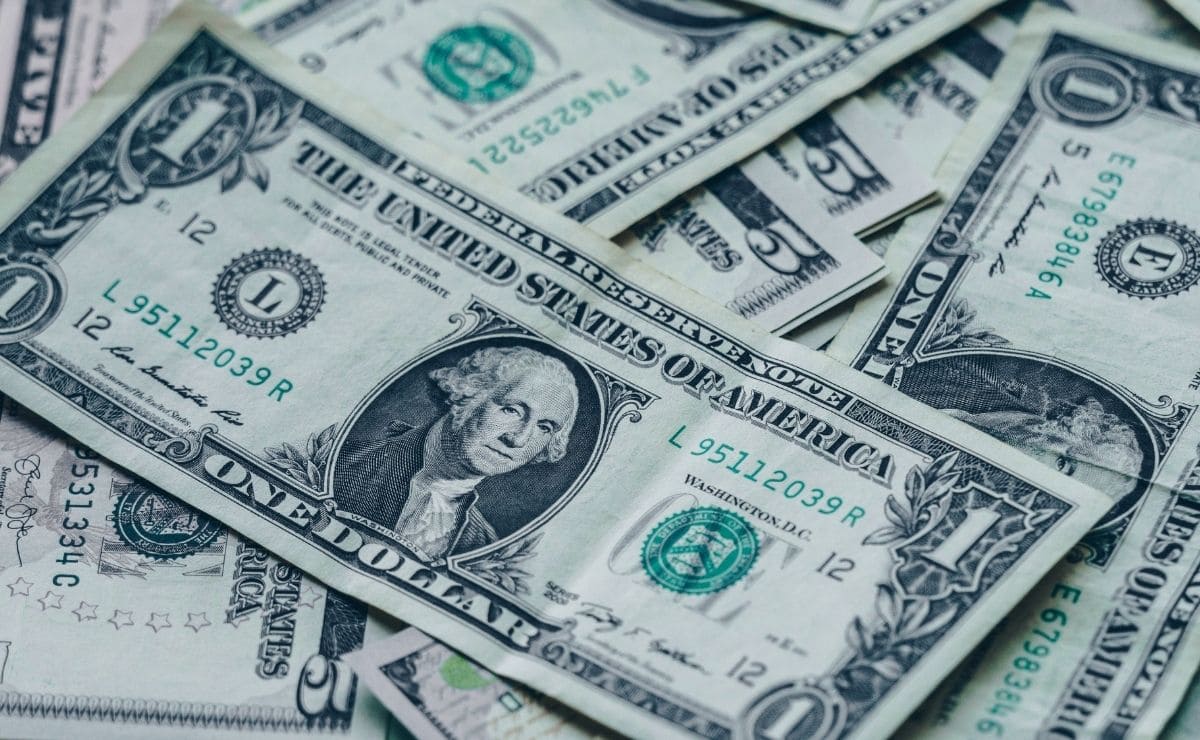Any eligible United States citizen can expect a new Supplemental Security Income (SSI) check in just a few days. This is because the April SSI will be sent out early, so in March we will have two separate checks related to Supplemental Security Income.
However, not all retirees and not all citizens will have access to this check. This is because a number of requirements must be met in order to receive Supplemental Security Income. As soon as a citizen does not meet all the requirements, the beneficiary will cease to be a beneficiary and will not receive the check.
But that is not the only thing; there are also citizens who cannot receive it at any time. The age requirement may seem restrictive, but if we do not have a minimum age, we will not be able to reach the Supplemental Security Income at any time. So 62-year-old retirees cannot receive this type of check from Social Security.
Why can’t retirees age 62 receive SSI?
The reason 62 year olds cannot receive a Social Security Supplemental Security Income check is because they do not meet the age requirement. This is always the case, although there is a situation where a retiree of this age can apply for Supplemental Security Income without any problems.

In order to do so, the retiree must have a disability benefit. That way it is possible to get a monthly SSI check. But since the age requirement is 65 or older, it is not possible for the Social Security Administration to pay an SSI check on March 31st to this group of beneficiaries.
Why are there two Social Security Supplemental Security Income payments in March?
During the month of March, the Social Security Administration will send two separate SSI checks to recipients who have been accepted for SSI. These checks are due on the 1st of each month, but not in April. Since April 1st is a weekend, Social Security will send it on the previous business day, which is in March.
And that is why in March we will have a double SSI check. The problem with this seemingly advantageous situation is that we have to watch out for financial planning in April. If we do not collect SSI money directly in April, we will have to save that money during the month of March.
The most important thing in these cases is to always have a good economic organization. If we are able to make a budget and always stick to it, we will not have financial problems in the future.
What is the maximum SSI amount?
SSI checks have a maximum amount of $914 in 2023. Getting this maximum check depends primarily on the individual recipient’s situation. There is no way to be able to increase the check as with regular Social Security. Having a larger Supplemental Security Income check on a monthly basis is tied to each individual’s situation.
So we should not expect the monthly SSI check to increase at some point. The minimum amount of this benefit is not entirely clear. This is because there is no exact minimum amount of money that we will be able to receive through SSI. There is a maximum cap, but there is not exactly a minimum cap.
As for the day of receipt of the check, it does not vary with respect to the amount. So it makes no difference whether a citizen receives $914 or only $60 from SSI, as he or she will always receive a check on the same day. Just like that, the reason we have this benefit does not change the day of delivery either. So, even if we cash a large or small check and have the benefit for one reason or another, we will receive it on the same day.